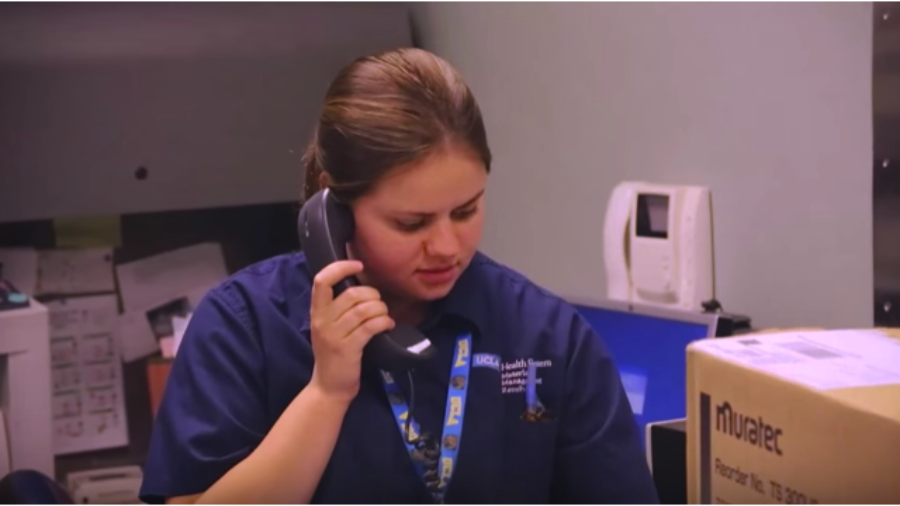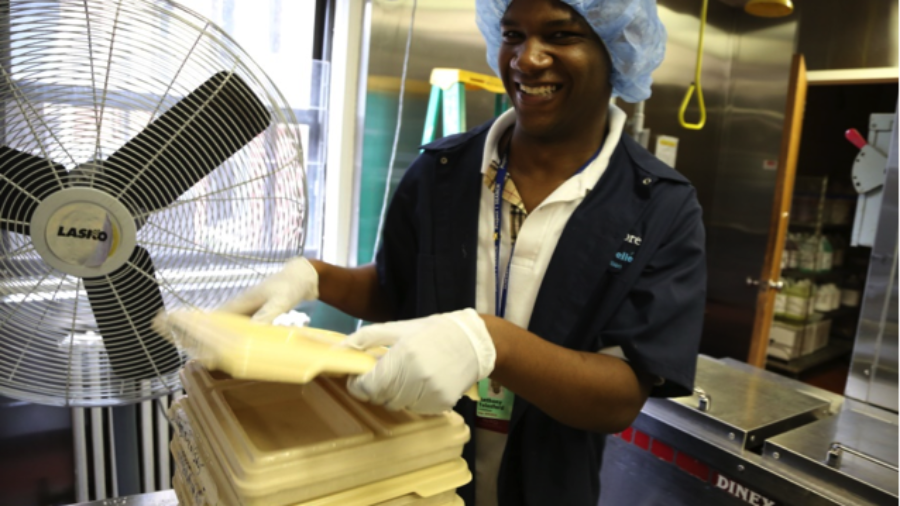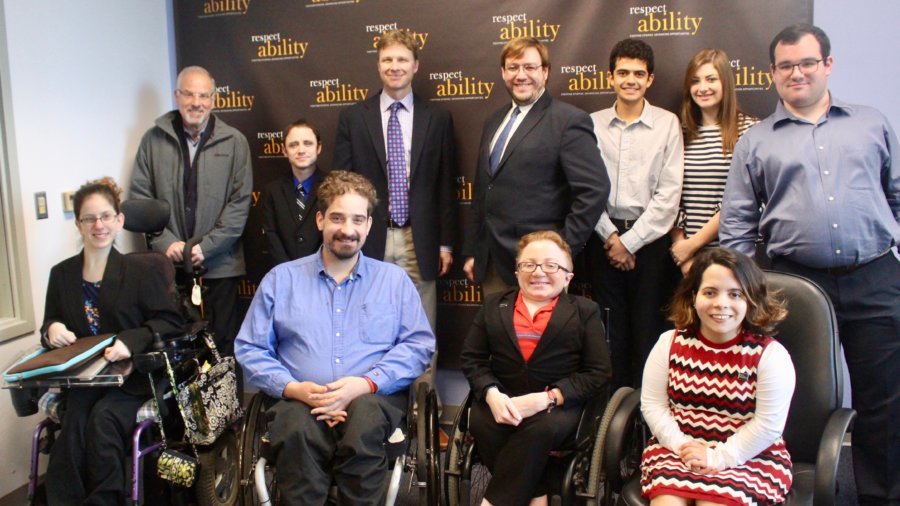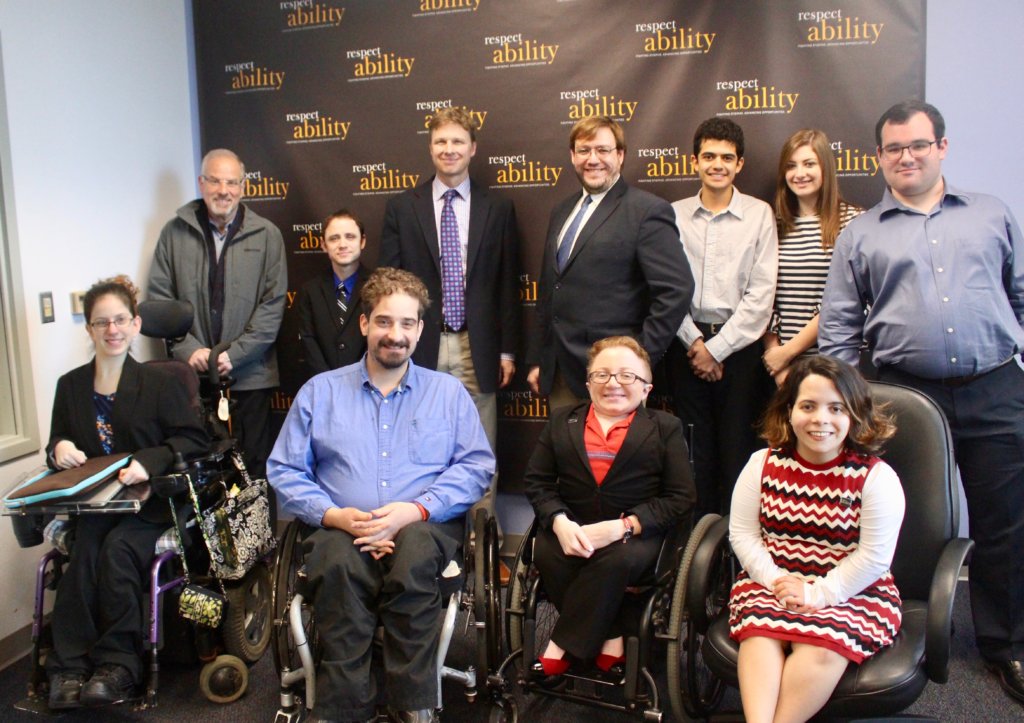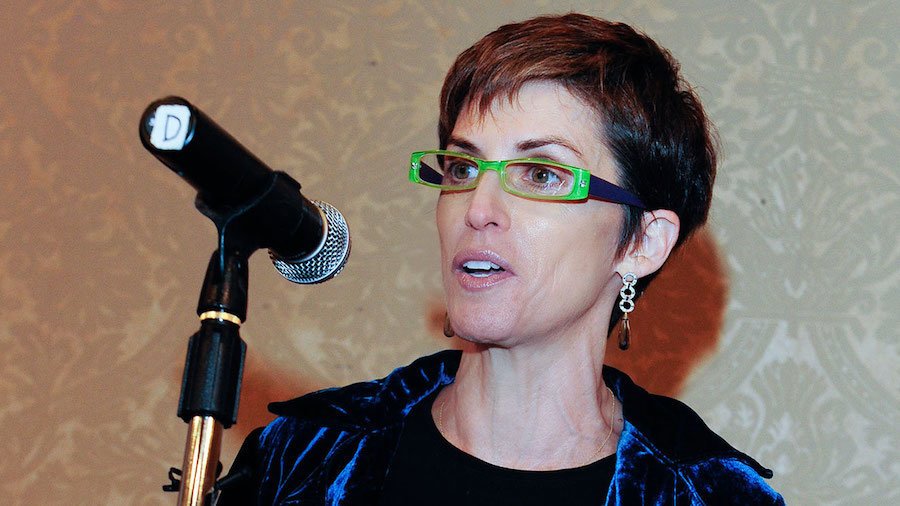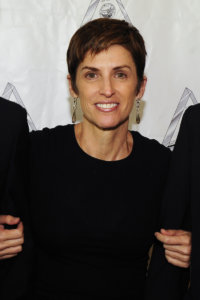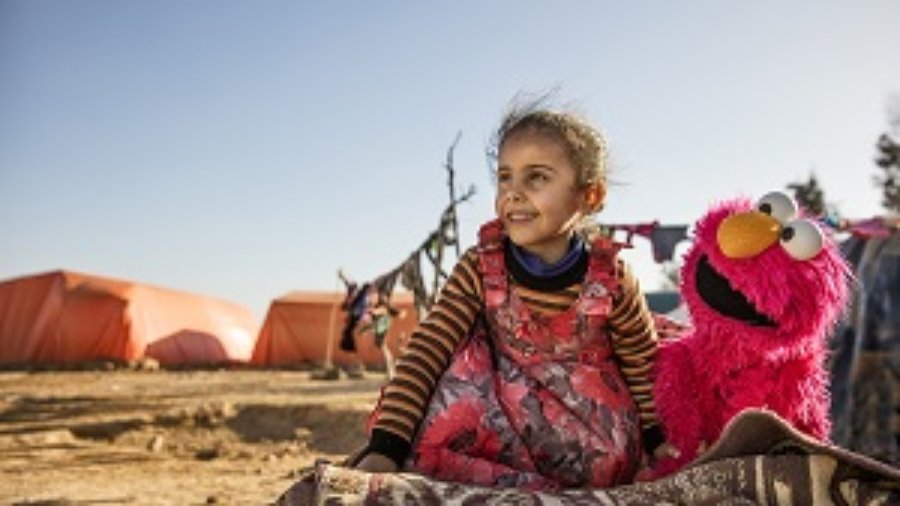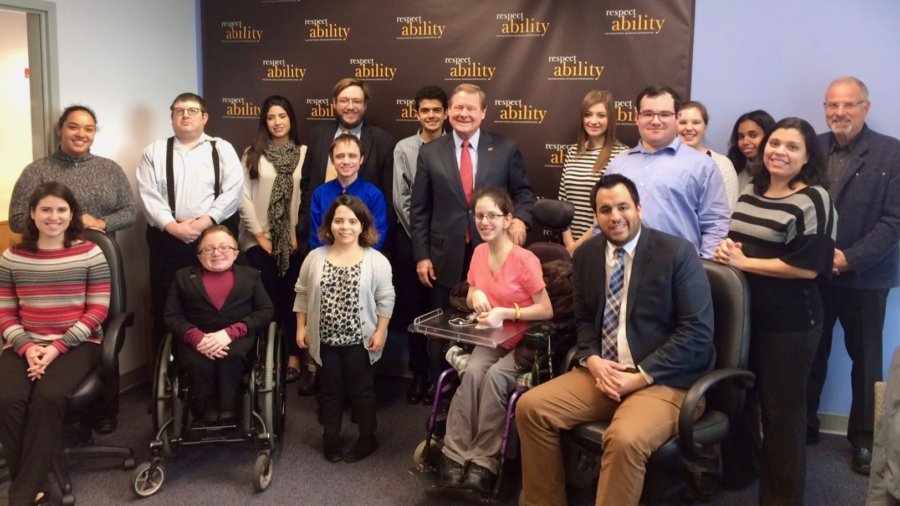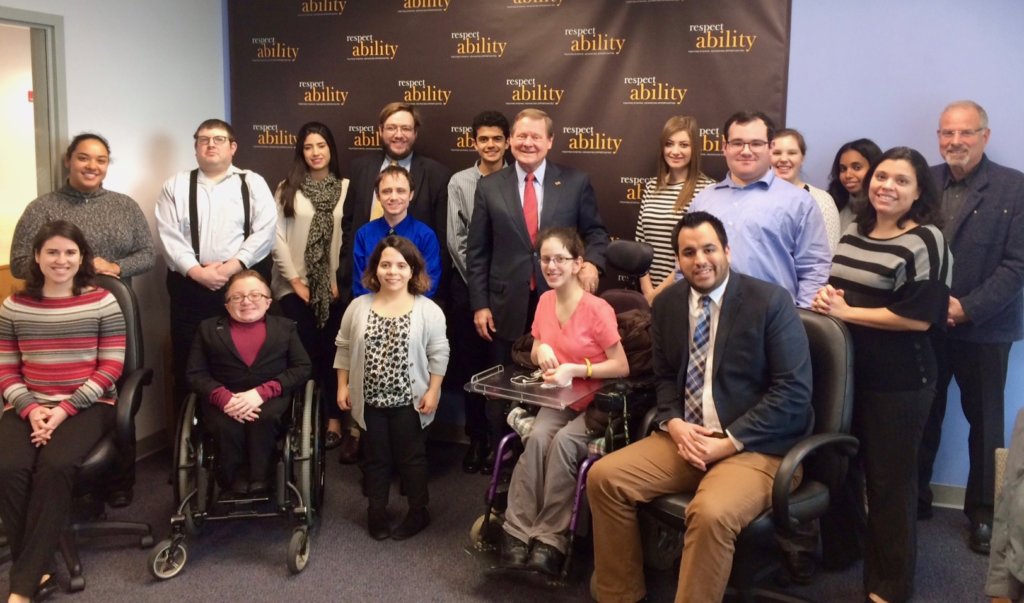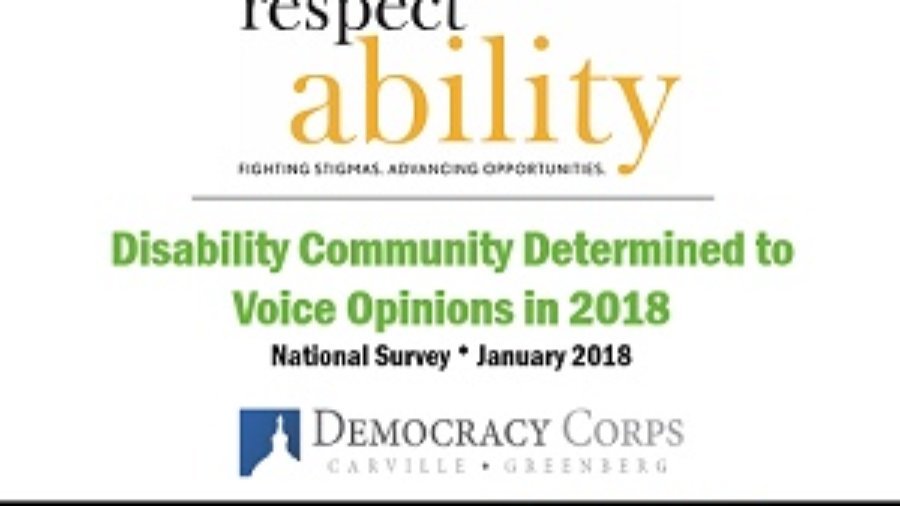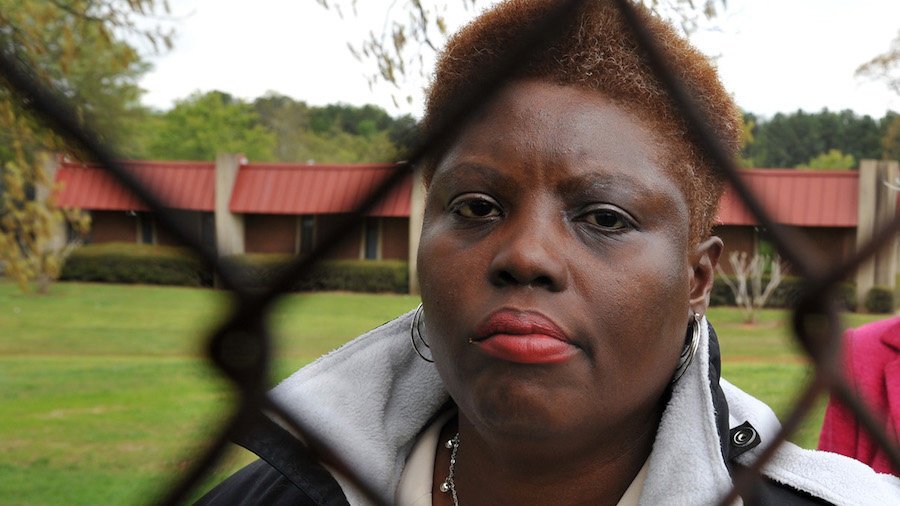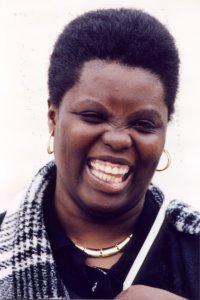Long Beach, California, Feb. 22 – Californians with disabilities are dramatically less likely to find employment than the general population or even their counterparts in most other states. The newly released Disabilities Statistics Compendium, published by the Institute on Disability at the University of New Hampshire, reveals a 40 percentage-point gap in job prospects between those with disabilities and those without. Despite the Golden State’s booming economy, including the lowest unemployment rate in more than 40 years, only 701,791 – or 34.8 percent – of Californians with disabilities have jobs. The figure for people without disabilities is 74.4 percent.
According to RespectAbility, a national organization that fights stigma and advances opportunity for people with disabilities, California ranks 34th on jobs for people with disabilities. California is far lower than states with smaller economies including Minnesota and the Dakotas. Such statistics are disappointing since California’s unemployment rate in December was 4.3 percent, lower than at any time since 1976.


